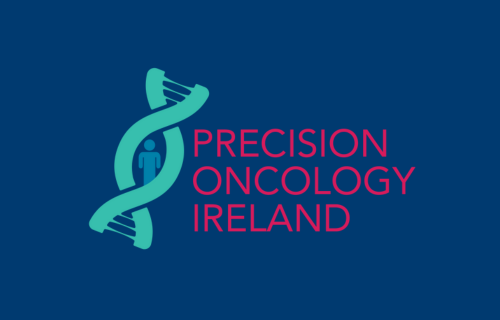New research demonstrates a successful approach to minority community engagement
Friday, 30 May, 2025
Share

A newly published article in the journal Research Involvement & Engagement has demonstrated a successful approach to minority community engagement and provided a flexible organisational workflow to other groups seeking to perform similar work.
Titled “Invisible Spectrum: A model for minority community public engagement in cancer research”, the article highlights key findings from the Invisible Spectrum initiative, an annual outreach and engagement event coordinated by Precision Oncology Ireland (POI), a cancer research consortium led by Systems Biology Ireland in UCD.
Working each year with members of the Bangladeshi community in Ireland, the overall goal of Invisible Spectrum is to break down communication barriers between the attendees and medical/scientific communities in order to encourage an interest in research, promote awareness of cancer symptoms and encourage uptake of cancer screening programmes.
Originally funded through Research Ireland’s Science Week, Invisible Spectrum has grown year-on-year, to include elements such as bilingual scientific presentations, lab-tours, discussion sessions, poster presentations and children’s art workshops.
This study not only demonstrates the efficacy of working closely with minority communities to empower their own personal health but also provides a set of guidelines developed over the course of 4 years of Invisible Spectrum, to serve as a model for similar work in the public engagement space. As summarised by UCD School of Medicine’s Prof. Walter Kolch (Director of Systems Biology Ireland & Precision Oncology Ireland):
“Invisible Spectrum is something that we are truly proud of as it shows how effective a targeted and collaborative engagement approach can be. We are highly grateful for the continued involvement of the Bangladeshi community in this initiative as they are the real heart of Invisible Spectrum. We hope that this publication will provide a valuable toolset to allow other groups to emulate what we have done and develop their own effective and culturally sensitive engagement platform.”
A critical aspect of the ongoing success of Invisible Spectrum has been the level of collaboration and co-creation with the community. Each year, a group of key “community leaders” work with the project team to provide critical guidance on the structure, scope and message of that year’s programme.
Shayla Sharmin (Bangladeshi community leader and paper co-author) explained:
‘’As a Bangladeshi woman who has called Ireland home for decades, it meant a lot to be part of an initiative that recognised our longstanding place in Irish society. Invisible Spectrum allowed us to bring our experiences, culture, and voices to the heart of cancer awareness and research.’’
Through collection of survey data at each year’s event, the team were able to demonstrate statistically significant improvements in keys metrics such as awareness of cancer screening programmes available within Ireland and recognition of potential cancer symptoms.
Additionally, breaking down barriers between minority communities and researchers has been a key goal of the Invisible Spectrum programme, success in which can be observed via the large number of attendees of Invisible Spectrum events who have since become involved in other public engagement initiatives including System Biology Ireland’s “Let’s Chat Medicine” and UCD Conway’s “Cut from the Same Cloth” .
Speaking on the success of Invisible Spectrum in paving the way for future engagement efforts, Dr. Arman Rahman (Assistant Professor in UCD’s School of Medicine and a key organiser within Invisible Spectrum) said:
‘’Invisible Spectrum showed us how to build respectful, lasting relationships with ethnic minority communities through meaningful engagement. Through this trust-based model, new research opportunities have emerged that are more inclusive, community-informed, and aligned with real-world needs.’’